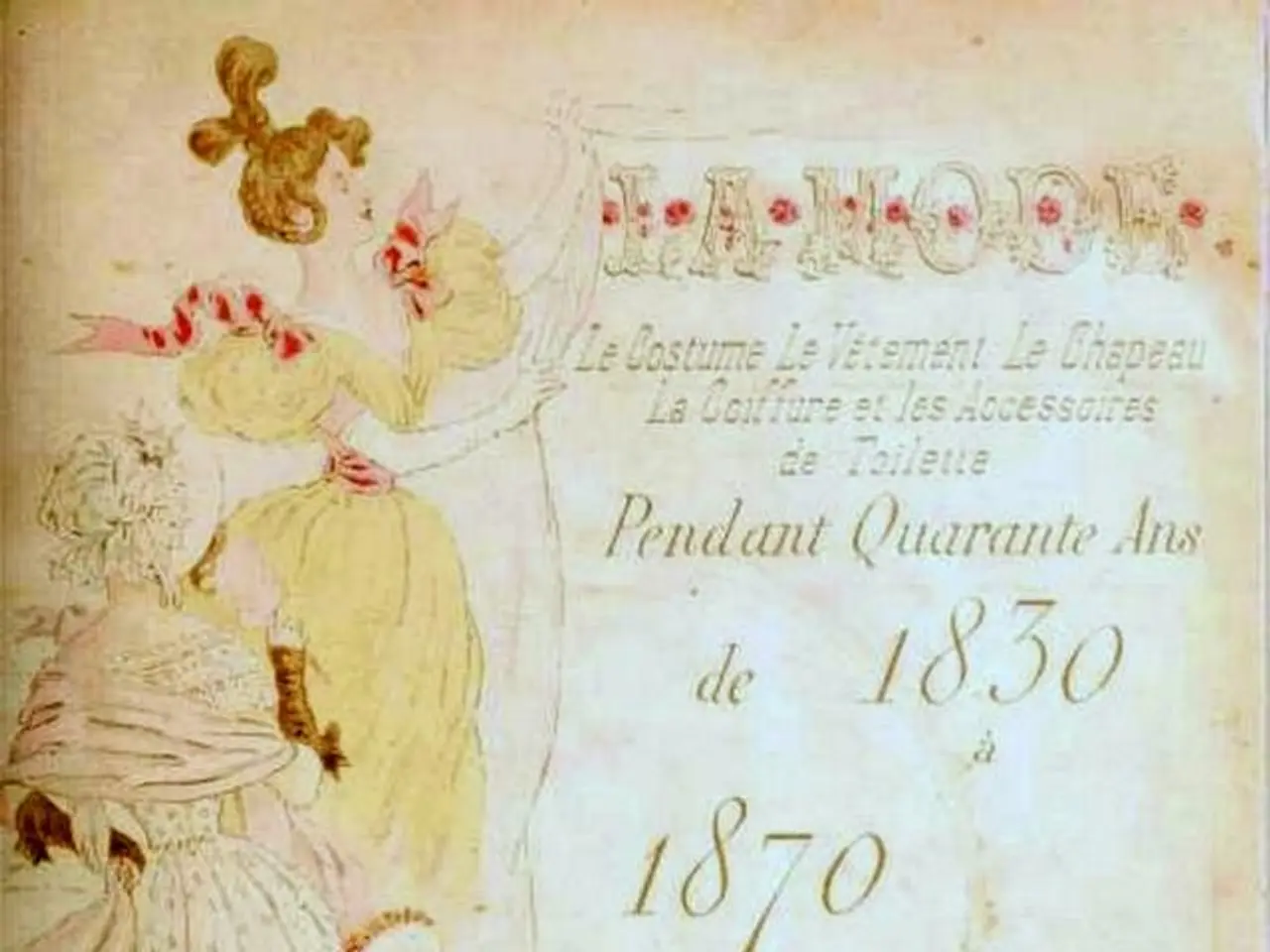Women's participation in national defense should be equivalent to that of men
In Estonia, a significant debate is unfolding as the government considers a proposal to allow women to serve in active military roles. The potential inclusion of women in the Estonian military is being met with both support and opposition from various stakeholders, reflecting broader discussions about gender equality in society.
If the proposal is implemented, it could mark a shift in the country's military policies and bring about increased diversity within the Estonian military. Rait Maruste, the former Supreme Court chief justice of Estonia, is among those advocating for this change, believing it is time to change the exclusion of women from active service.
Historical precedents show women have served effectively in various military roles since at least World War II. Women began to be integrated into the U.S. military despite initial segregation and inequality in pay and benefits. Women also served disguised as men or in support roles during earlier conflicts such as the American Revolution and the Civil War.
Modern military policies have increasingly recognised women's capabilities, lifting bans on women flying combat missions, serving on combat ships, and serving in ground combat roles since the 1990s. This reflects an understanding that exclusion is not based on inherent inability but on outdated legal and cultural norms.
Arguments for including women in national defence emphasise equality, effectiveness, and modern military needs. Women contribute significantly to military effectiveness and national defence, with hundreds of thousands having served in combat zones like Iraq and Afghanistan. Exclusion limits the talent pool and readiness of armed forces, reducing access to a broad range of skills and perspectives essential for complex modern warfare. Inclusion promotes meritocracy, allowing the military to select the best individuals regardless of gender.
Moreover, the Estonian Constitution guarantees equality of citizens before the law, and involving women can increase the effectiveness of national defence in Estonia. The exclusion of women from active service is considered outdated primarily because it is based on outdated gender stereotypes and fails to reflect women's proven capabilities and contributions in defence roles.
If the Estonian government decides to allow women to serve in active military roles, it could set a precedent for other countries in the region to follow suit. This potential decision could lead to a more representative and inclusive military force, contributing to a stronger national defence. The debate over the inclusion of women in active military service in Estonia is a reflection of the broader push for gender equality and constitutional rights, underlining the importance of this issue in contemporary society.
Women's involvement in national defense could potentially strengthen Estonia's military, given their significant contributions and proven capabilities, demonstrated in various conflicts and support roles throughout history. As science and health-and-wellness sector advancements contribute to understanding that exclusion is not based on inherent inability, the estrangement of women from active service in defense may be seen as outdated, reflecting outdated gender stereotypes, and limiting access to essential skills and perspectives necessary for complex modern warfare.




